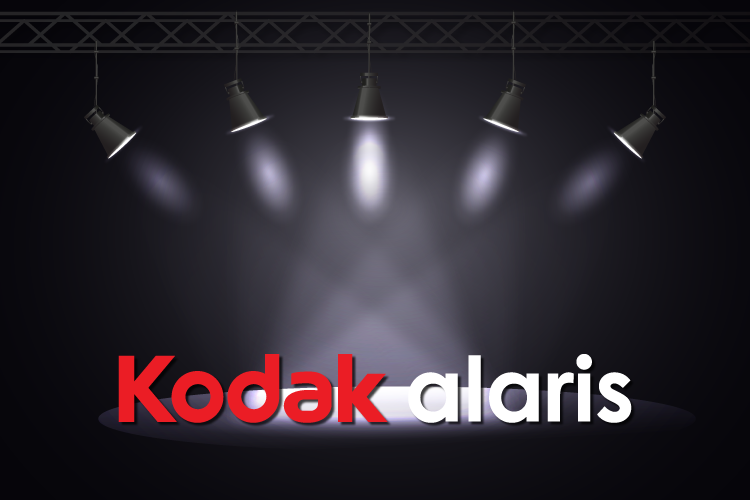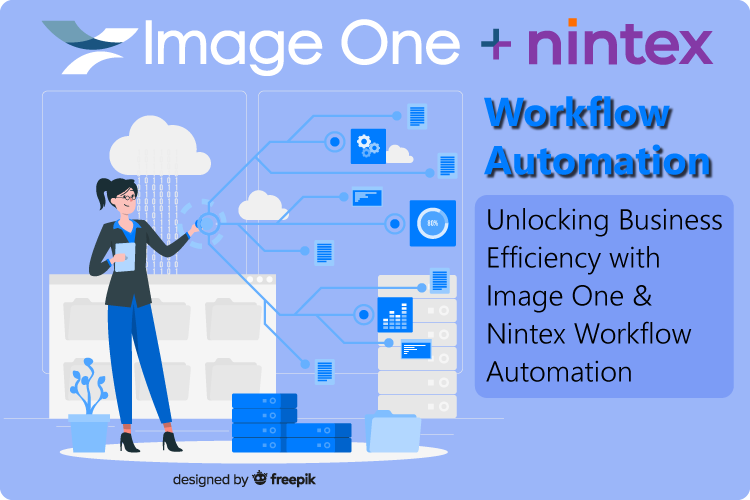Bringing paperlessness to the entertainment sector
Tuesday, September 17, 2013In the corporate world, going paperless typically means leveraging a document conversion service or other such tool to digitize paper records and files. This generally results in a more streamlined business process management approach that can generate a range of benefits for companies, including lower costs and heightened efficiency. But now, concert-goers are also set to enjoy the advantages of paperlessness, according to The Orlando Sentinel.
Orlando's Amway Center, an 875,000-square-foot arena boasting capacities of 19,700 for center-stage concerts and 16,000 for end-stage concerts, is selling paperless tickets at the request of promoters and performers. Specifically, a February concert performed by Muse at the venue sold paperless floor seats, while an upcoming Michael Bublé show also offered the possibility of not having to rely on physical printouts. Paperless tickets help guard against ticket scalping, thereby allowing fans to avoid inflated prices and enabling artists to recoup a greater share of the profits generated by their shows, the news source explained.
"Artists would look at the people sitting in the front row and feel like chumps because the tickets were priced at $65, but people sitting there paid $165 and that extra $100 isn't going into their pockets," Gary Bongiovanni, editor of concert industry trade magazine Pollstar, told the media outlet. "That's part of the reason prices have escalated so much."
However, there are some drawbacks to going electronic. Specifically, as Bongiovanni noted, fans who are unable to attend events at the last minute will face issues when attempting to transfer their tickets to friends or family members. Additionally, the current process requires buyers to present confirmation numbers, ID and the credit cards used at the point of sale, which could pose a problem in the event that they bought the tickets as a gift and do not plan to attend the concerts themselves.




